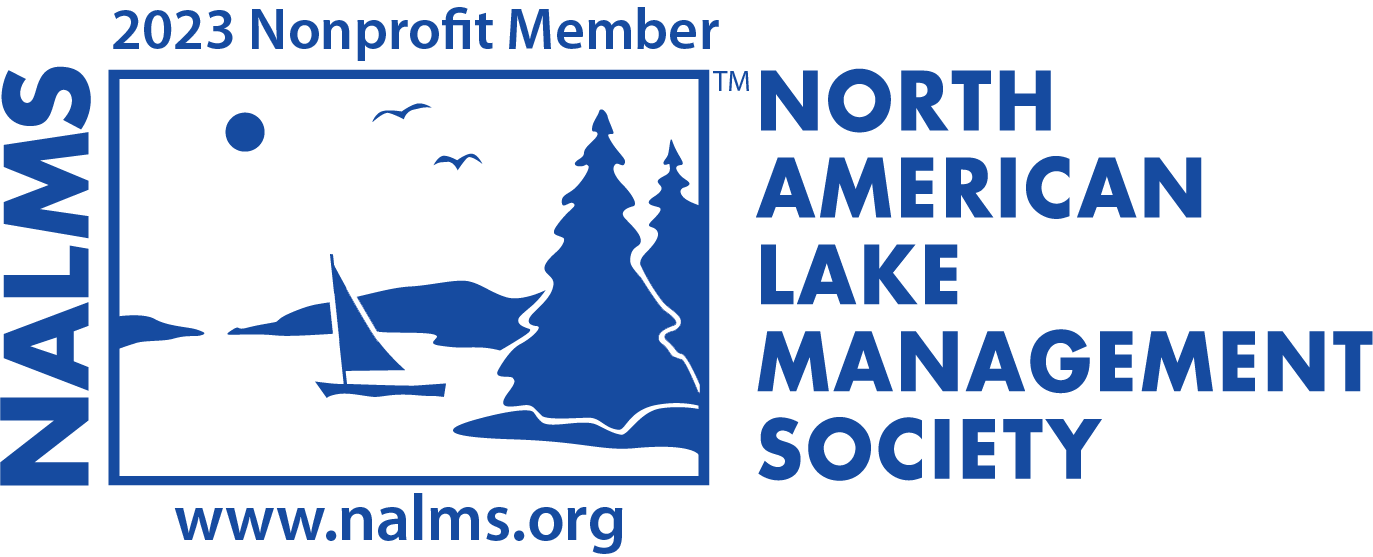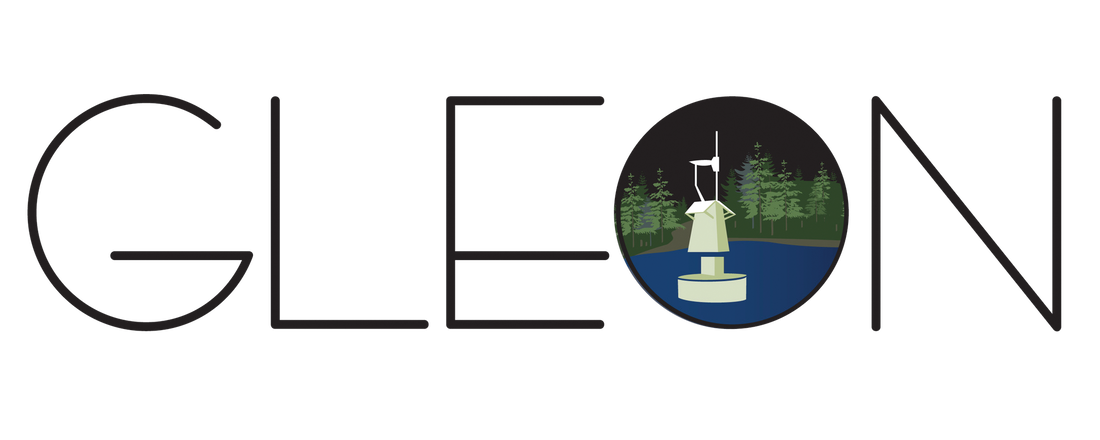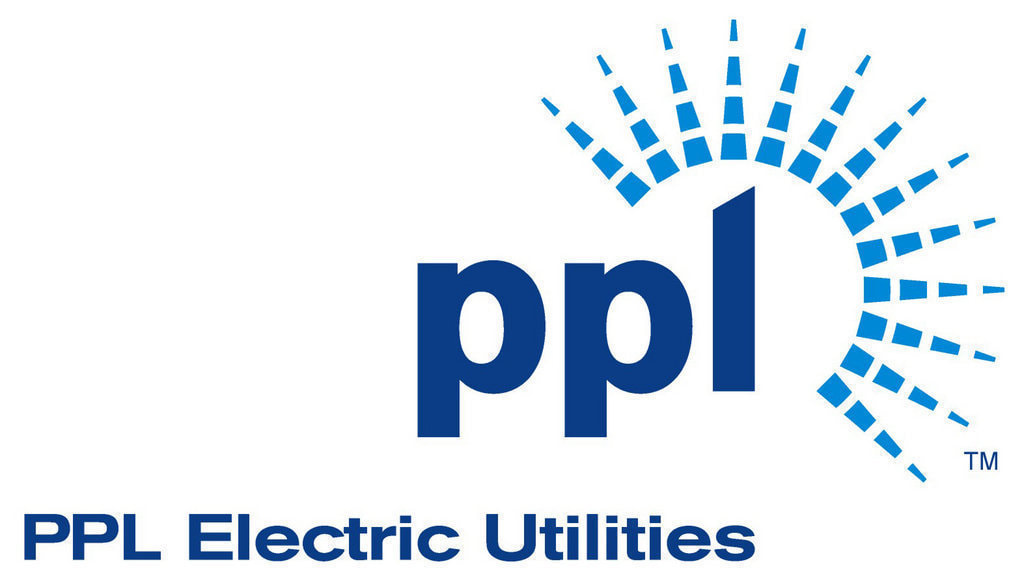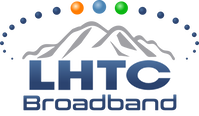Lacawac Sanctuary is a protected, living laboratory where scientists from all over the world conduct environmental research. Lacawac hosts short-term and long-term field research, laboratory experiments, and EON science.
Past & Current Research
|
Lacawac Sanctuary has been a a site of ecological research in climate change, forest succession and water quality since 1966. Early research efforts at Lacawac were led by Clyde Goulden of the Academy of Natural Sciences (1970’s and 1980’s) and Dr. Craig Williamson of Lehigh University and Miami University (19080's-present). Lacawac now hosts many research and educational projects involving investigators and students from multiple colleges and universities.
|
We are living during a time of unprecedented and rapid environmental change. These changes include shifts in global carbon, nutrient and hydrological cycles, species loss and invasions, and dramatic land use change around the world. Research at Lacawac is largely focused on understanding the effects of these changes on ecosystems, biological communities, organisms, and organism physiology. Approaches range from laboratory experiments, field studies, and regional and global observatory networks.
Explore Research Opportunities
Lacawac has a range of ecosystems available for study. Scientists from colleges and universities around the country have established vibrant research programs at Lacawac. Learn more about their stories and explore the hundreds of scientific publications resulting from Lacawac research.
Conducting Research at Lacawac
Research, teaching, collecting, or other scientific activities of any kind require permission Lacawac. Research activities are coordinated by the Director of Science and Research and proposals that will be well served by Lacawac's resources, facilities, and biology, and that do not interfere with ongoing programs are solicited and strongly encouraged.
If you are interested in conducting research at the field station, please:
1. Review Lacawac's Usage Policies and Station Guide.
2. Submit a Lacawac Research Application to the DSR, Beth Norman ([email protected]).
Lacawac has an on-site analytical laboratory and a variety of field equipment available for researchers. We also offer private and semi-private on-site housing options. All station residents pay lodging and facilities fees. Please note that facilities and housing must be reserved in advance of arrival. Contact Beth Norman for reservations regarding research.
If you are interested in conducting research at the field station, please:
1. Review Lacawac's Usage Policies and Station Guide.
2. Submit a Lacawac Research Application to the DSR, Beth Norman ([email protected]).
Lacawac has an on-site analytical laboratory and a variety of field equipment available for researchers. We also offer private and semi-private on-site housing options. All station residents pay lodging and facilities fees. Please note that facilities and housing must be reserved in advance of arrival. Contact Beth Norman for reservations regarding research.
Resources for Researchers
Lacawac offers a variety of support for researchers including:
1. A full time Director of Science and Research available to assist with logistical planning, scientific collaboration, experimental design, and student mentoring.
2. Summer undergraduate interns available to help with field research, data collection, and other tasks.
3. Publicly available long-term data sets.
4. Financial support in the form of research grants for faculty and undergraduate students.
5. Opportunities to integrate research into a variety of established public outreach and educational programs, including the Pocono Ecological Observatory Network (PLEON) lake monitoring program and the Pathways in Ecological Research (PiER) high school STEM mentoring program.
1. A full time Director of Science and Research available to assist with logistical planning, scientific collaboration, experimental design, and student mentoring.
2. Summer undergraduate interns available to help with field research, data collection, and other tasks.
3. Publicly available long-term data sets.
4. Financial support in the form of research grants for faculty and undergraduate students.
5. Opportunities to integrate research into a variety of established public outreach and educational programs, including the Pocono Ecological Observatory Network (PLEON) lake monitoring program and the Pathways in Ecological Research (PiER) high school STEM mentoring program.




































